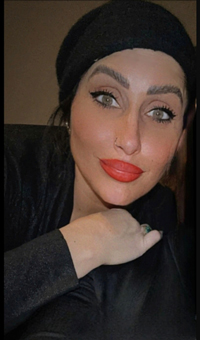
Many years ago, I stepped away from the work I did within the HIV industry. Not because the work isn't important, necessary, and needed—but because I felt that if I wasn't pushing an agenda aligned with what most of the industry wanted, then I was seen as problematic. I felt that if I didn't accept being tokenized and puppetized (a term I developed*), I wasn't welcome.
After facing discrimination and isolation directly tied to my advocacy, it stopped being worth it. I had already endured mistreatment from family, friends, and strangers—so the last place I should have felt that was within my own HIV community.
Too often, I was told what I should say and how I should say it—by people working in HIV who do not have HIV. And honestly, I couldn't believe that I, the person actually living with it, was being told how I was allowed to speak about my own experience. This wasn't isolated—it persisted across the work, in every community. Those of us living with HIV were used as tokens, our stories filtered and packaged. The deeper layers of marginalization—based on how we happened to be born—went largely unaddressed unless a specific of that could be used to push and promote an agenda. We were rarely empowered to lead with autonomy. Rarely seen as worthy of authority. The bias and stigma are so deeply embedded in those claiming to lead the fight that they end up perpetuating the very conditions we're still fighting to dismantle.
My community—they didn't teach me to be a pawn. They taught me to be a Queen.
I could never imagine going to someone and telling them how they should feel—dictating their contributions—when I am not one of them. At least not once I learned the rules of so-called acceptable engagement, the ones society teaches us to maintain the status quo. As children, we're taught to play together, to overlook our differences. But as adults, we're taught to draw hard lines—lines based on the labels society created to divide us.
Yet every day, in more ways than not, people living with HIV and AIDS are told who they are and what their contribution is allowed to be. Few hold leadership positions, and those who do often either created the role for themselves or have drifted so far from the broader community that they've become part of the system rather than challenging it.
It always felt strange to me—this shift in perception that seemed so seamless, so normalized, that it happened to everyone around me before I could even name it. Or maybe I did recognize it, and I just refused to play along. I didn't want any part of it. I wanted to help. I wanted to make a difference. I wanted to prevent others from going through what I had.
I refuse to be a puppet in a game I never asked to be in—a game that has cost me more than it's ever given. One that has harmed me far more than it's helped.
A hate website still exists to this day—telling people to report me to the FBI if I date. A site I've rarely addressed, not because it didn't matter, but because it's just one more layer of a world hellbent on silencing anyone who won't be controlled. Anyone who refuses to reshape their story, their experience, or their truth into something easily swallowed, digested, and used to further marginalize people living with HIV and AIDS. But my pallet has a taste for something different—something disruptive.
My mentors—Richard Hargesheimer, who took me to my first protest at 15; my beloved Gay Dad, Jack Hillelsohn, who made sure every D.C. trip was a memory and a celebration of me; my dear friend Loretta Dunn, who changed my life when she told me, "Look in the mirror, with no makeup, nothing on, and learn to love that woman—because she is a warrior."
Beloved friends like Eli Rigatuso, Claire Louise Swinford, Nicholas Snow, and so many more.
Black, Brown, Gay, Trans—and one old Hippie. They are innovators and disruptors who paved the way for so many behind them.
[E]very day, in more ways than not, people living with HIV and AIDS are told who they are and what their contribution is allowed to be.
My community—they didn't teach me to be a pawn.
They taught me to be a Queen.
They didn't fight and die for me to uphold what doesn't work.
ACT UP didn't act up to be told to sit pretty and take whatever scrap is offered.
They shook the system because it needed shaking.
The spirit I carry—the one I now embody—was shaped by these individuals and so many others who showed me that it was not just okay, but necessary, to be emboldened. So, 40-some-odd years into the battle of HIV, I realized that if I was going to step back into this work, I had to step in fully. To lead from a place of authority. To empower myself. No longer waiting for others—or a system—to do it for me.
So I created something that helped me name it.
And finally make sense of it all.
The above is Part 1 of a blog originally posted at janinebrignola.com. Read Part 2: "The Puppetized Framework: Unstringing Systems of Control Masked as Empowerment".


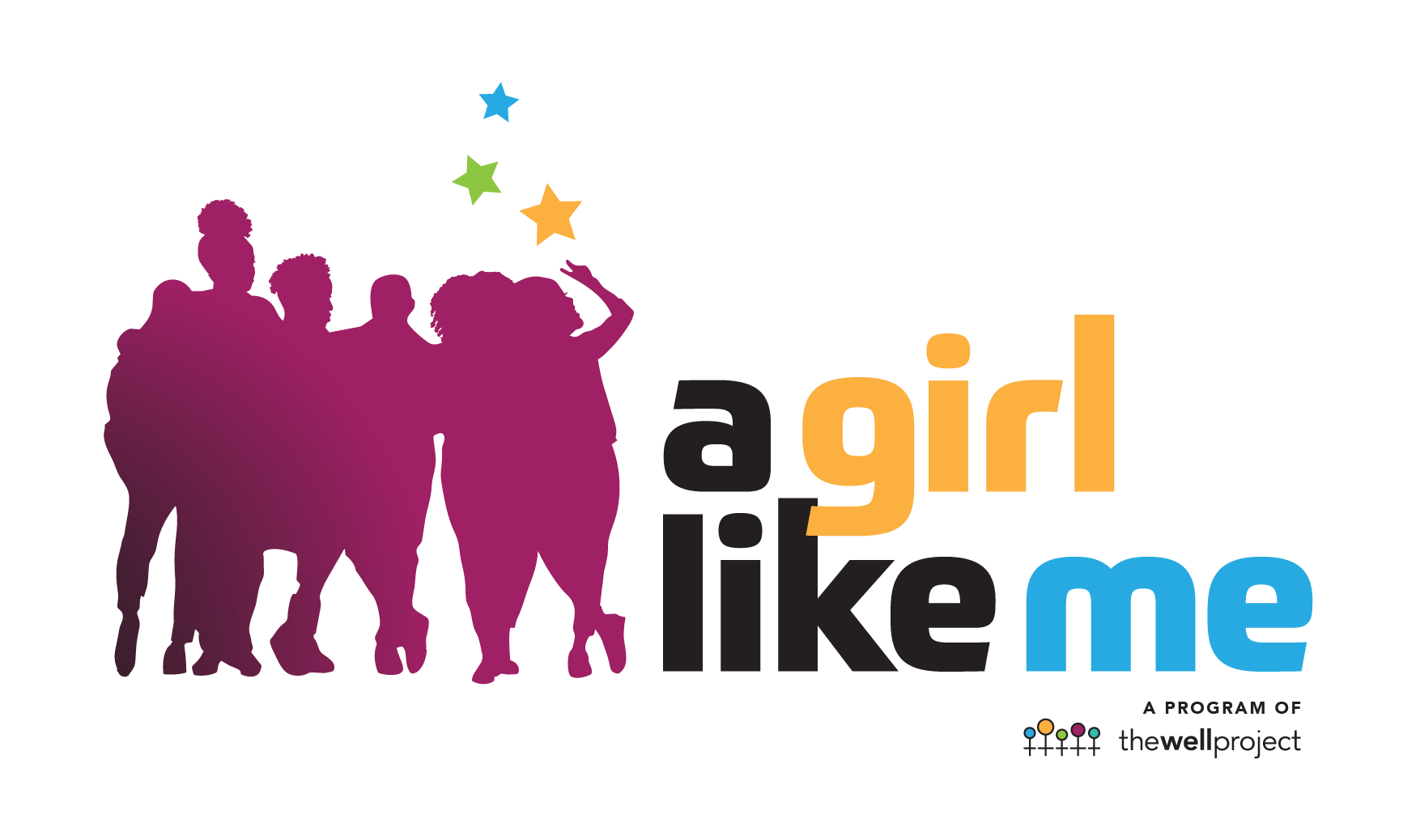
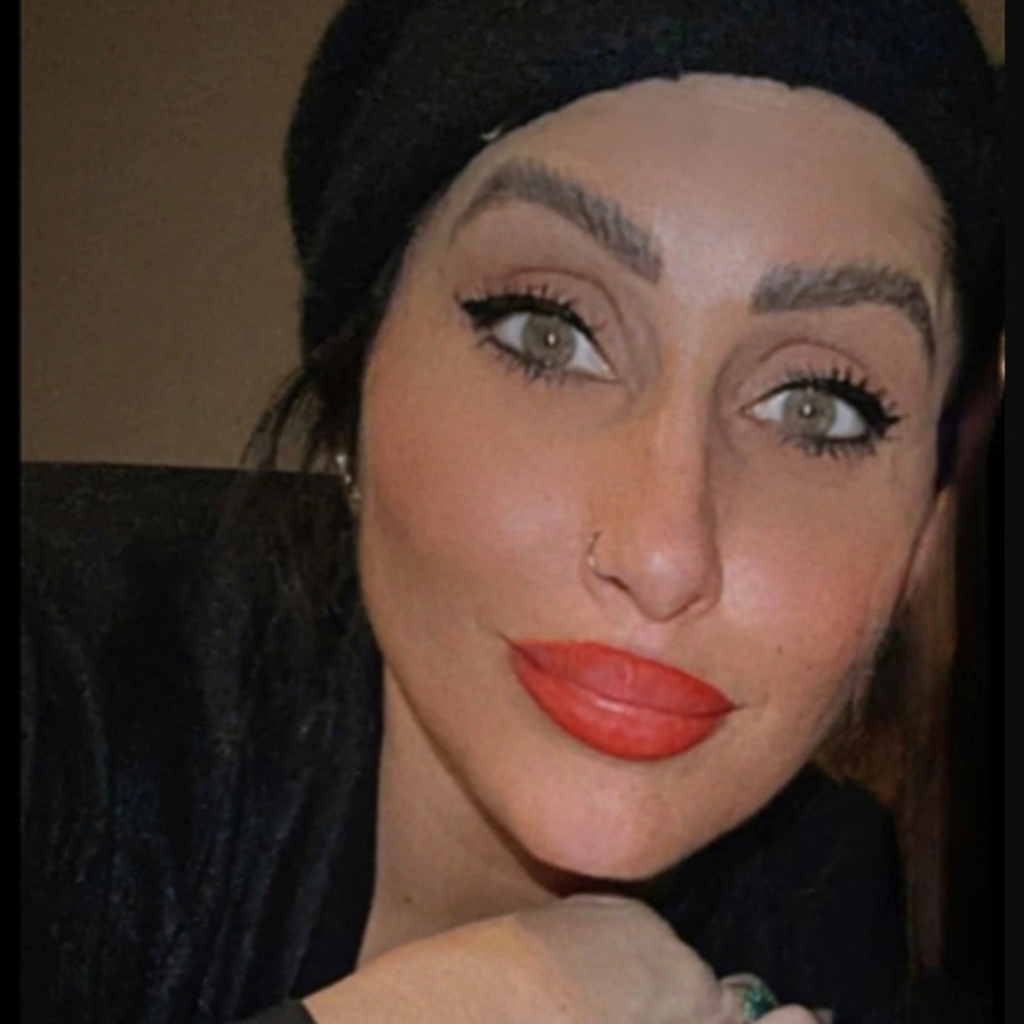


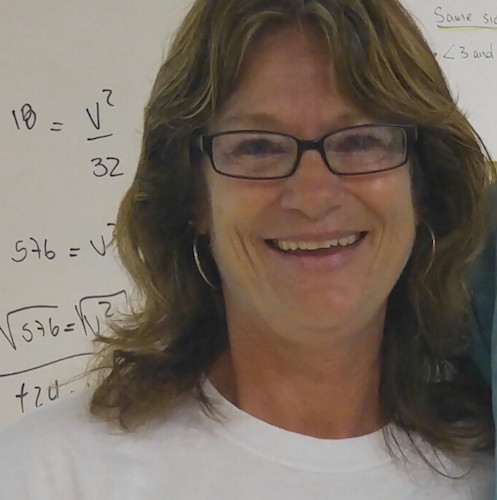
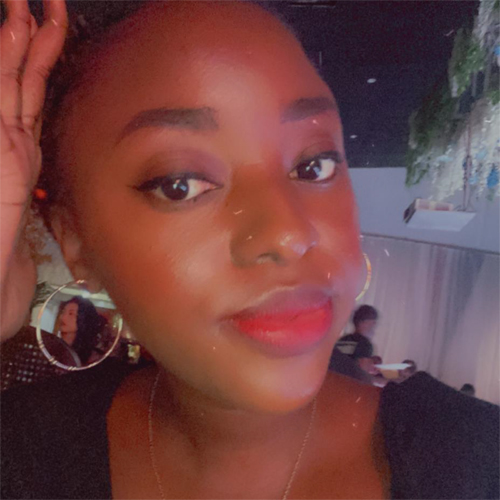
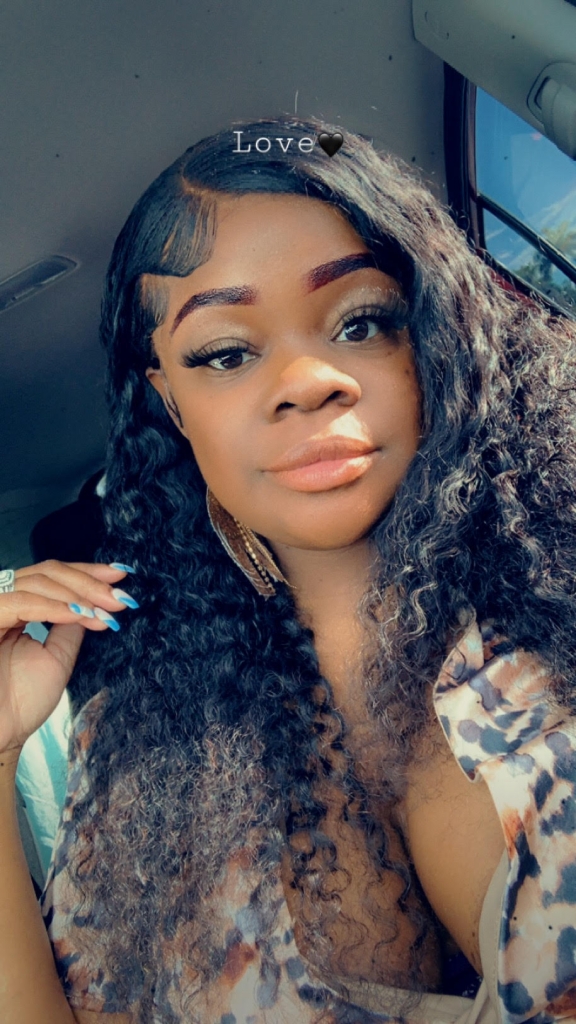
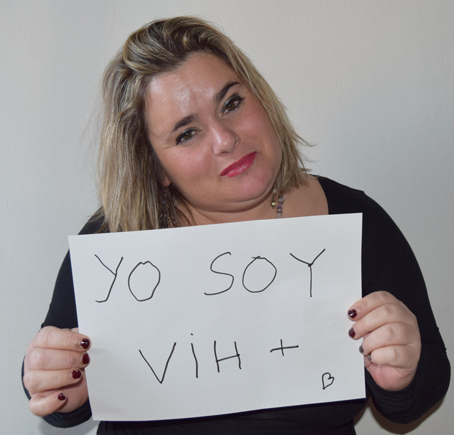
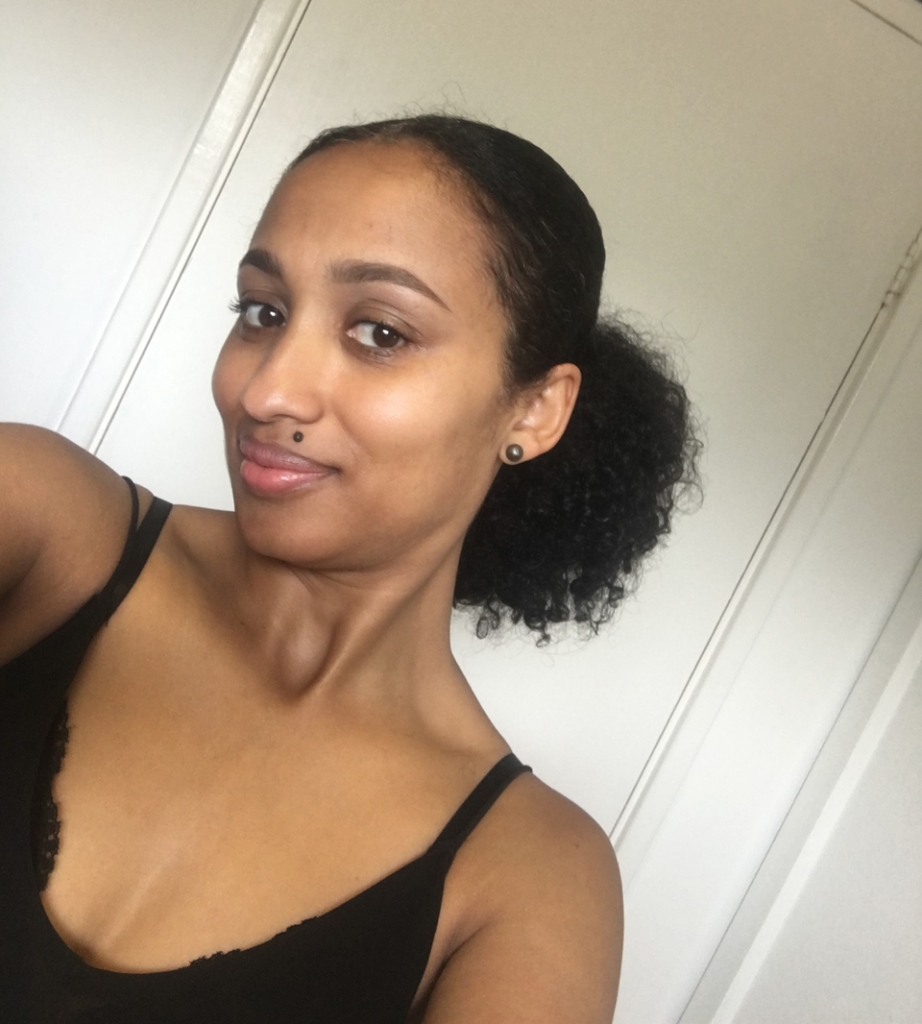
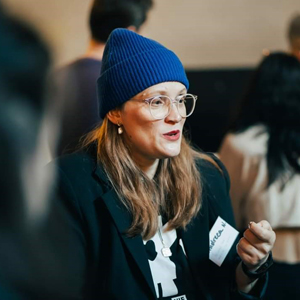
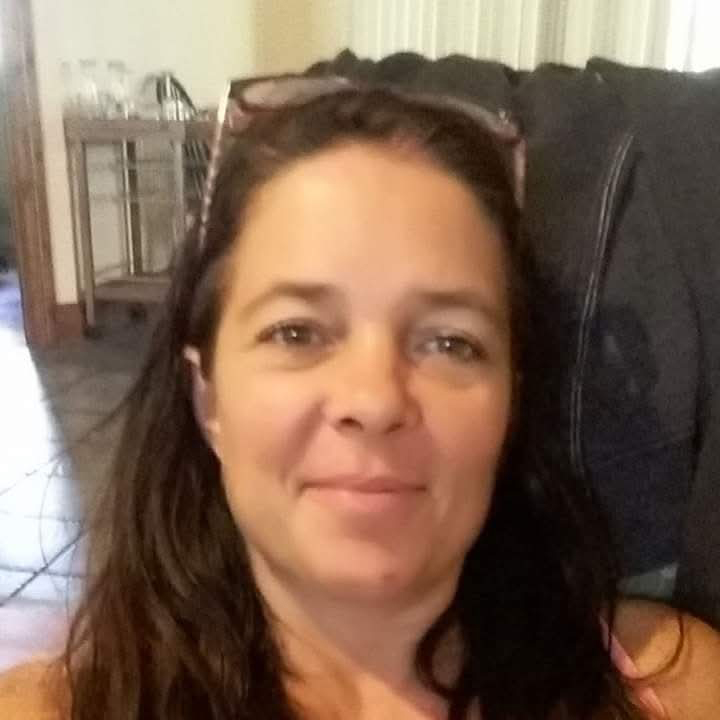
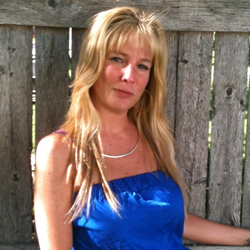
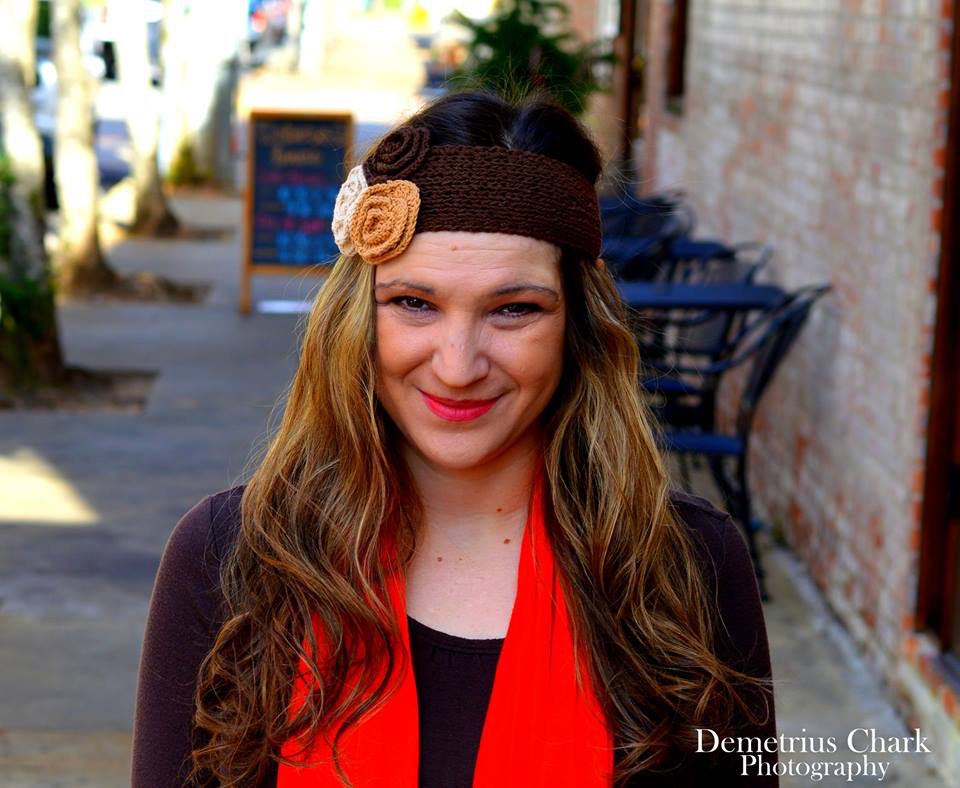
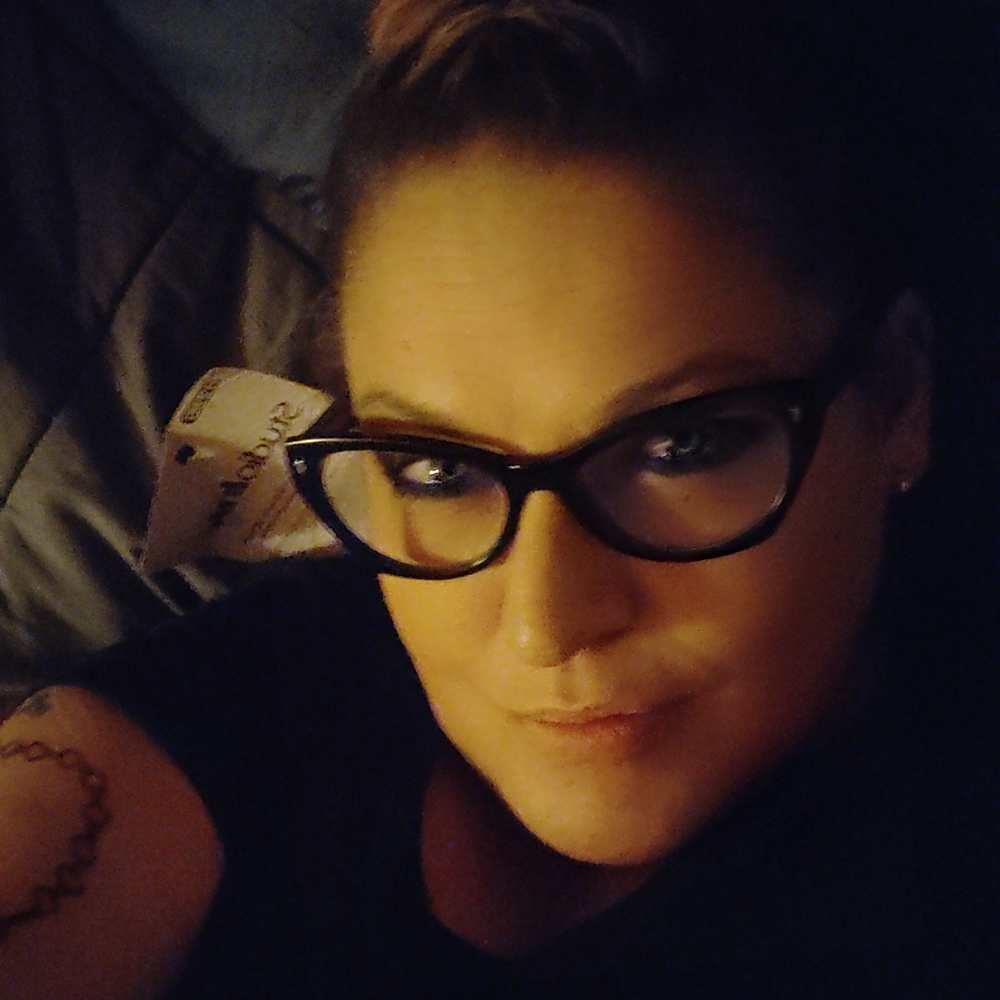
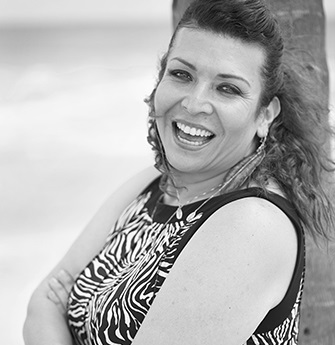
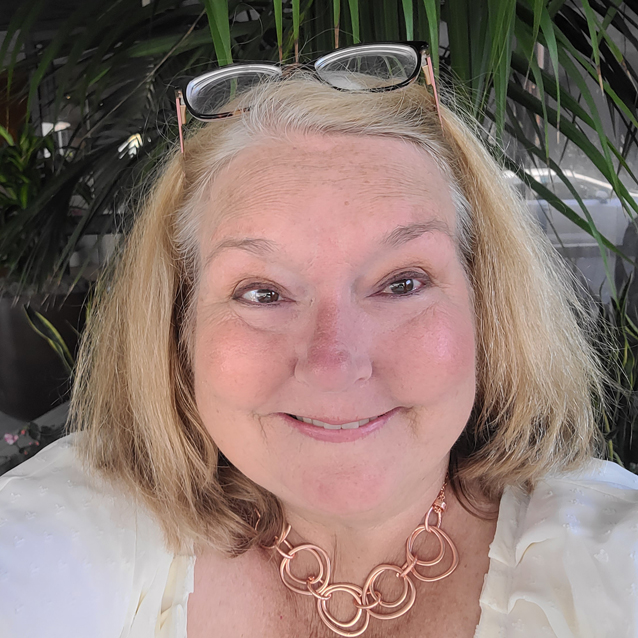
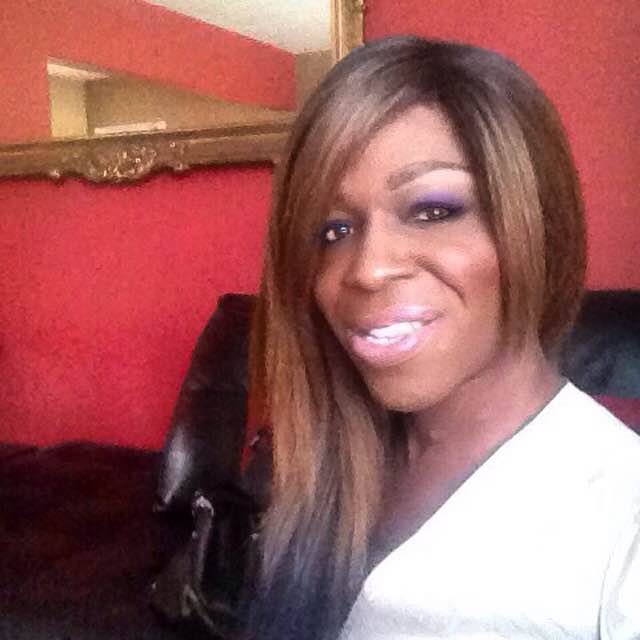
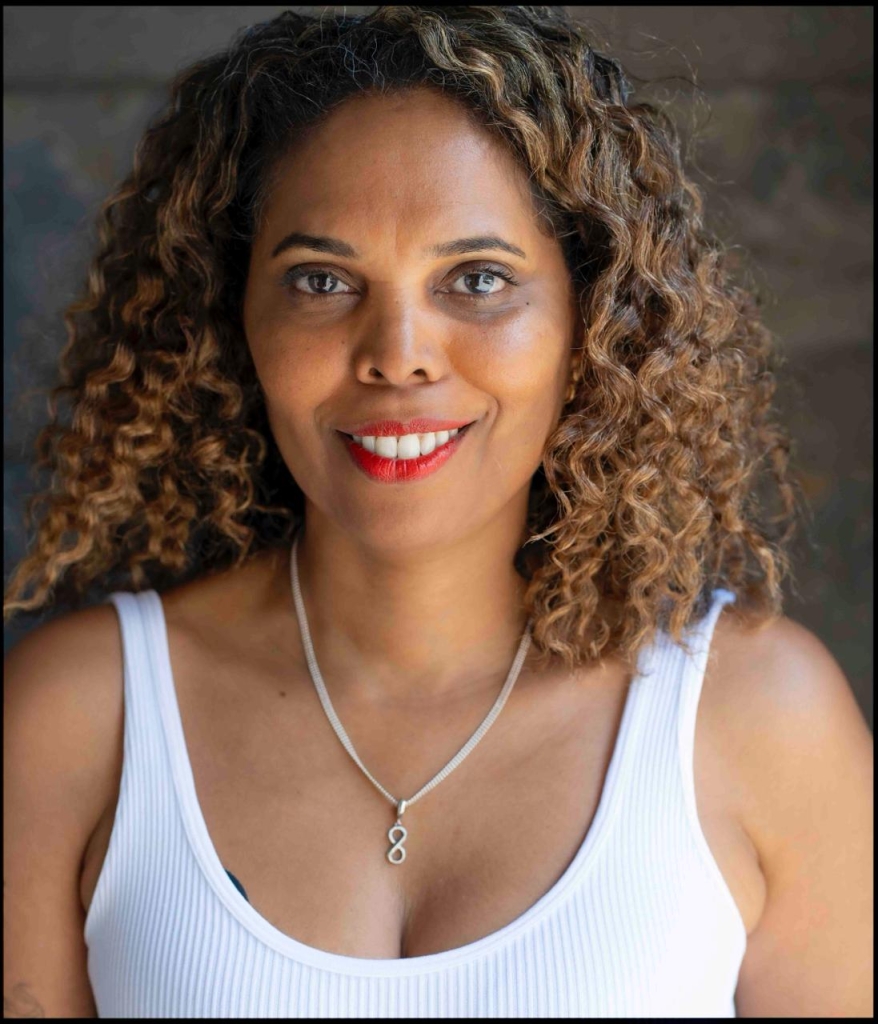
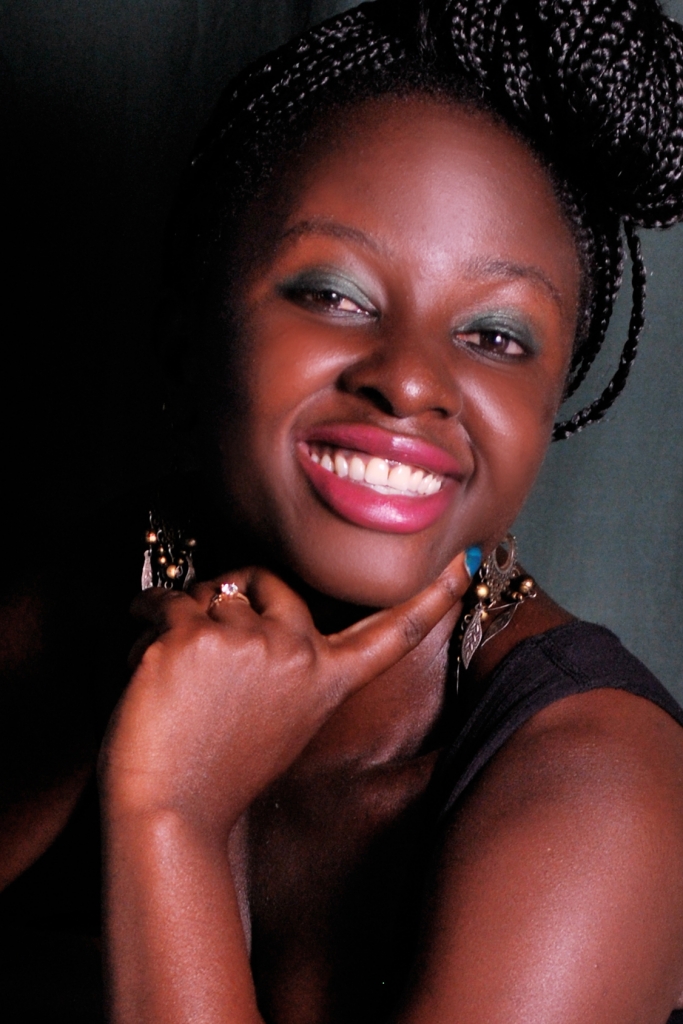

This conversation is so needed right now! Thank you!
I felt every word of that! Thank you for writing this and thank you for sharing it here! I shared it across my platforms and now I will head over to your website and follow you there too. Great work and keep moving forward!
yesss!
I know that's right! You dropped so many gems in this! I can't wait to read about what you created out of all of this! Looking forward to the "to be continued"!
This is soul-stirring,…
This is soul-stirring, powerful truth. Your voice slices through the noise with clarity, conviction, and the kind of wisdom only lived experience can birth. You’ve refused to be muted or molded—and in doing so, you’ve ignited a reminder for so many to reclaim their narratives, their purpose, their power. Thank you for standing tall in your truth, for refusing the puppet strings, and for reminding us: this fight was never meant to make us small. It was meant to make us sovereign. 👑🔥 Keep disrupting. We need you. Aunty Lou xx